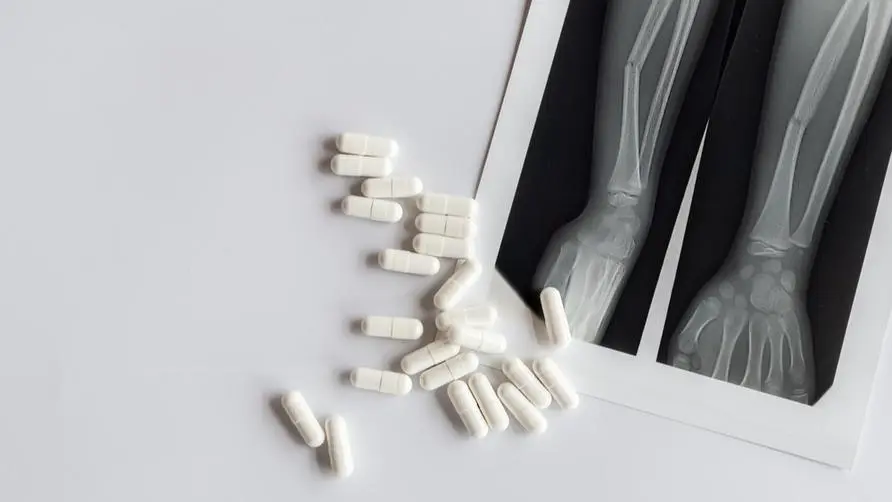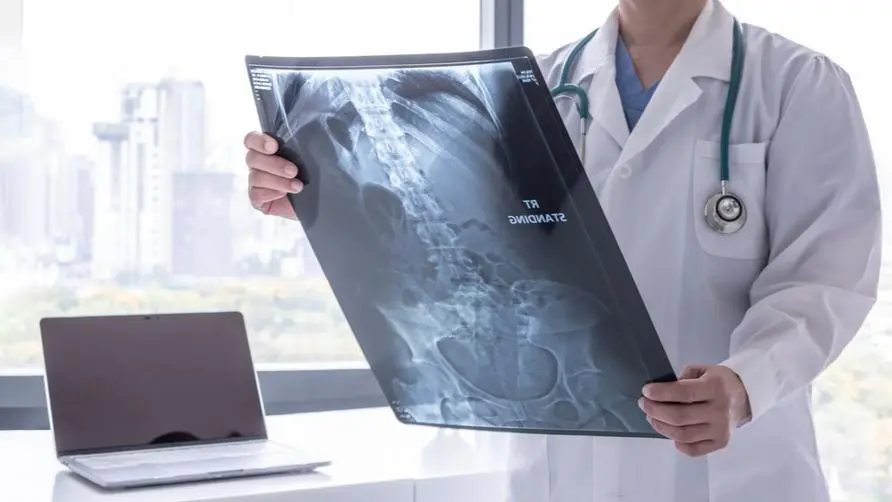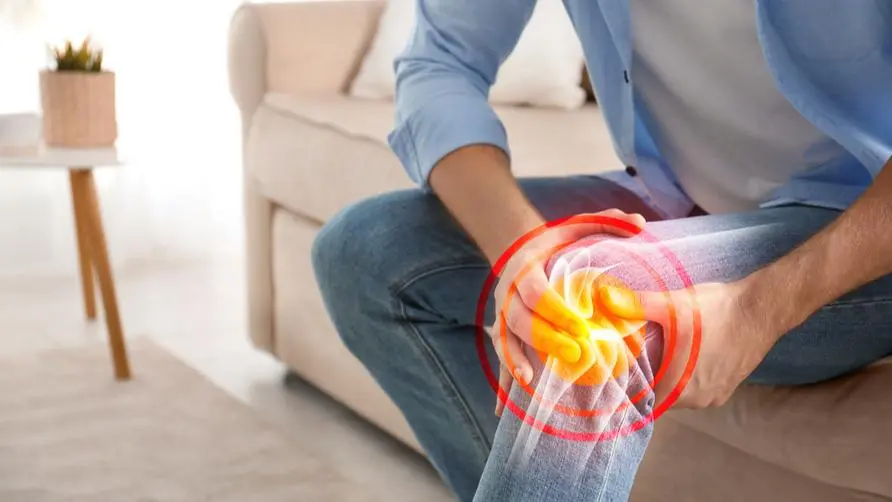Authoritative journal: Vitamin D "cannot prevent fractures"! Expert: 4 types of people should check first and then refill

Vitamin D has long been associated with preventing calcium loss and enhancing bone density; however, a recent study published in the New England Journal of Medicine (NEJM) claimed that supplementing middle-aged and elderly people with additional vitamin D is associated with preventing osteoporosis or fractures. “No significant correlation” triggered widespread discussion from all walks of life. Is taking and supplementing vitamin D good for bone health?
Overturning past research arguments “NEJM”: Vitamin D does not reduce the risk of fractures
The New England Journal of Medicine recently published the paper “Supplemental Vitamin D and Incident Fractures in Midlife and Older Adults” (LeBoff MS, Chou SH, Ratliff KA, et al. Supplemental Vitamin D and Incident Fractures in Midlife and Older Adults. N Engl J Med. 2022 Jul 28;387(4):299-309. ), 25,871 subjects were included, and the subjects were divided into 4 groups through randomized controlled trials:
Vitamin D plus Omega-3 fatty acid supplement group.
Vitamin D plus placebo supplementation group.
Omega-3 fatty acid plus placebo supplementation group.
Double placebo supplementation group.
Results showed that in this large randomized trial, participants who supplemented with 2,000 international units (IU) of vitamin D daily did not significantly reduce the risk of fractures compared with the double placebo group. The study concluded that the results did not differ among postmenopausal women, elderly men, and different races. The vitamin D content in most subjects had reached the recommended concentration (average approximately 30.7±10.0 ng/mL).
The study concluded that among generally healthy middle-aged or older adults, vitamin D supplementation was not associated with a lower risk of overall fractures, osteoporotic fractures, nonvertebral fractures, or hip fractures. However, this study has its limitations, such as not distinguishing between factors such as race, age, gender, and not including groups that are relatively deficient in vitamin D. Therefore, whether the test conclusions can become universal guidelines remains to be confirmed by further research.
Vitamin D promotes bone health? Doctor: The relationship between the two needs to be clarified
Dr. Chen Yubin, director of the Osteoporosis and Sarcopenia Care Center of Wanfang Hospital, said in an interview regarding the study results that the study did not differentiate between the race, gender, and age of the subjects; and the average vitamin D concentration in the subjects was 30.4, obviously does not include groups with lower vitamin D content. From this perspective, there is still room for discussion.
Dr. Chen Yubin further pointed out that taking different races as an example, the fracture risk of Caucasians in the United States is several times that of African Americans; however, the concentration of vitamin D in the blood of African Americans is much lower than that of Caucasians. The recommended intake of vitamin D will be adjusted according to each ethnic group, and bone health should not be directly equated with vitamin D supplementation.
Is vitamin D “just enough”? People with insufficient bone density should worry
Dr. Chen Yubin cited a 2006 study also published in the New England Journal of Medicine (Jackson RD, LaCroix AZ, Gass M, et al. Women’s Health Initiative Investigators. Calcium plus vitamin D supplementation and the risk of fractures. N Engl J Med . 2006 Feb 16;354(7):669-83.), a 7-year long-term observation of postmenopausal women supplementing calcium and vitamin D (1000 mg and 400IU daily respectively) shows that vitamin D and calcium supplementation are indeed It can effectively increase bone density, but although the risk of fracture is reduced, there is no significant difference.
Dr. Chen Yubin said that it is not difficult to find that there are many paradoxes in the vitamin D literature so far. Many studies claim that vitamin D can help enhance immunity, bone health, and resistance. However, there is still no consensus among the academic community on whether there is a clear cause-and-effect relationship between the two. As for whether there is a scientific connection between vitamin D and osteoporosis, it needs to be faced with caution.
Dr. Chen Yubin reminded that based on current research trends, it is not recommended that healthy adults take excessive vitamin D supplements. The Osteoporosis Society also advocates that vitamin D “just be enough”; however, people with relatively insufficient bone density, such as the elderly and those who have suffered from bone disease, For people with loose fractures, postmenopausal women, and people with poor liver and kidney function, it is recommended to go to major hospitals for blood tests first, and have doctors confirm the situation before supplementing. This is a relatively safe and effective approach.
Source:
Supplemental Vitamin D and Incident Fractures in Midlife and Older Adults
Further reading:




